Giving You the Best that I’ve Got
Opening
A pastor stood at the Vietnam Veterans Memorial when he saw a man come by to lay a reef at the base of the memorial, and the man was overtaken with emotion.
The pastor put a hand on the man’s shoulder and told him “It is going to be alright.” And, the pastor asked the man if a fallen veteran was a relative of his.
The man said that 25 years ago, the fallen veteran stood in front of him and took bullets on his behalf. The veteran died and the man did not. So, the man comes back every year because the least he could do is say thanks.
God has blocked bullets from the aim of your enemy. The situation was your fault, but Jesus came and delivered you from the wounds you created yourself.
So, the least we could do is say thanks.
Sermon Key Points
For every victory and success that happened in 2 Samuel 23, the author says: The Lord brought about a great victory that day. (2 Samuel 23:10)
The Scripture is reading you. There are victories we have won that we have no explanation for but God.
Don’t confuse your success with your strength.
Ambition and pride can overtake your life; but ambition and pride can be overtaken by humility and remorse.
2 Samuel 24 starts with David sinning again. It shows David’s sin of hubris and arrogance, so David has to rejoice in God for getting him out of it (v. 18-25).
David shows us the need to show God gratitude.
If only more people felt bad/heartbroken/stricken in conscience for disobeying the Lord, how might our lives be different?
Weeping may endure for a moment, but joy comes in the morning light. God is so merciful that even when he has a reason to punish you & he acts on that reason, He will still love you afterwards and give you less punishment than what you deserve.
Sin is corporate and systemic because it is individual and personal to start.
David, to be released from his sin, goes to Aranuah to buy/build an altar.
Aranuah wants to give it to him for free but David refuses the offer.
David refuses the offer because David does not want his offering to the Lord to be cheap. He wants to try his best to match the deliverance God brought him from.
Even though David knows he could never truly pay God for all He has done in his life, David commits to giving Him the best that he has!
He wants to give to God in a way that requires sacrifice (which is why David wants to spend money on the altar).
Faith in God that costs you nothing is worth everything.
If all you do is take, take, take and you never give, give, give to the point of sacrifice - then the worship you offer to God is meaningless because when you come to worship, it should cost you something.
Worship and sacrifice have always gone hand-in-hand.
Worship is not just singing songs, it is not just intellectual, and it is not just emotional. Worship is always sacrifice.
When you have not given to God something that matters to you, then you have not truly worshiped God.
Jesus gave His life by dying on the cross.
There is a cost and remedy that runs throughout 2 Samuel 23-24.
The cost is sin. Sin has a stubborn attractiveness to it.
David had to learn that he has never won a battle because of the numbers he had. Every battle David faced was won because of the unseeable, all powerful Hand of God.
We reduce how important sin is, which is foolish. Sin requires repentance.
Repentance doesn’t just mean you are sorry for what you’ve done; it also means you’ve turned your back on what you’ve done.
Your sin bankrupted you. But God and his rich mercy & kindness delivered you.
God urging upon us to repent.
As long as we “get” to tell God what sin is and what is not, we are the god in our lives and God is not.
True repentance is saying “I agree with you God to the extent that I am going to live my life in alignment with the truth that You have spoken.”
This picture of sin and repentance leads to worship. When you are actually broken over what you have done, you will find yourself at the feet of God’s grace and you cast yourself at the feet of God’s grace.
Sacrifice is the language of love. The language of love is sacrifice.
When you love, you will sacrifice.
We want to be the kind of Church that practices radical generosity.
Just like David, your generous offering should be about what God has done for you!
God knows what is in your envelope and He knows it comes from the gratitude in your heart.
God has a way of communicating His joy for your sacrificial gift. Give your best by giving sacrificially.
